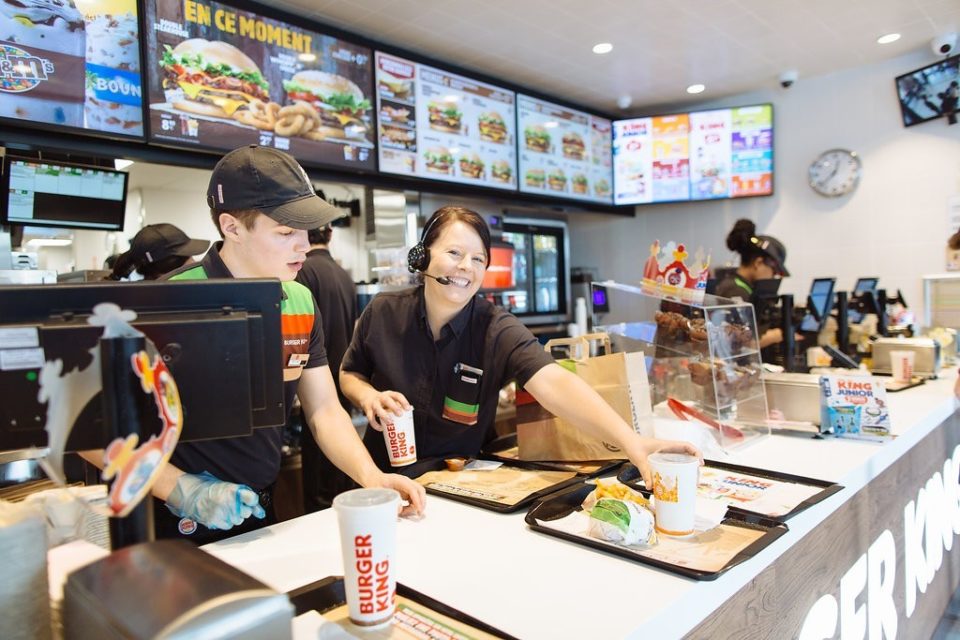There’s an old saying that change is the only constant in business. If the coronavirus pandemic has taught us anything, it is to remind us of the enduring truth of this adage and of the fundamental imperative for companies to keep learning. Companies master change only by keeping up and adapting as conditions evolve. Today’s knowledge won’t help with tomorrow’s challenges. Only organizations that put a premium on learning will survive, much less thrive. Yet learning is given short shrift by most companies.
Companies offer plenty of training, but organizational learning is more than training. But few companies are adept at identifying the ‘what, how and why’ of the best practices needed to stay ahead of change. With the disruptions of COVID-19, the need to learn and adapt has never been greater.
In a recent conversation with Kantar’s Mark Visser, he shared what organizations must do in order to tap into the only remaining barrier to entry in a digital age — a culture for and a commitment to organizational learning. Organizational learning is no longer about transmitting skills that are known to be needed. It is about learning what skills are needed in the first place. This is particularly true as companies look ahead to the post-pandemic marketplace in which nearly everything will be up for grabs.
In our discussion, Mark described several key principles for organizational learning, including when it’s too late to learn, not waiting to be perfectly right before acting, segmenting learning by type and needs of different learners, think ahead of trends, go beyond mere training, enlist senior level support and endorsements, and tie learning to objectives. At the top of the list, though, is the overarching idea of course correction. This involves testing hypotheses and making immediate adjustments. This has been much discussed as a corporate culture of experimentation, but it is more than that. It is a corporate commitment to viewing knowledge as contingent and always in need of improvement. If nothing else, the coronavirus pandemic is bringing this lesson home for companies the world over.
Course correction is accomplished through an organizational process that Mark describes as impact management. This means tying knowledge transfer to specific behaviors that an organization wants to promote. The way to assess success against objectives is to see if the specific behaviors of interest have changed. That’s what organizational learning is all about — identifying best practices and replicating those within the organization.
The COVID-19 outbreak has shown that best practices are different. They are different now just to survive and they will be different tomorrow in order to thrive. Organizational learning has never been more important as the key ingredient for competitive advantage and marketplace success.
Contributed to Branding Strategy Insider By: Walker Smith, Chief Knowledge Officer, Brand & Marketing at Kantar
The Blake Project Can Help: We are proud to offer Mini MBA’s in Marketing and Brand Management delivered by renowned professor Mark Ritson.
Branding Strategy Insider is a service of The Blake Project: A strategic brand consultancy specializing in Brand Research, Brand Strategy, Brand Growth and Brand Education




